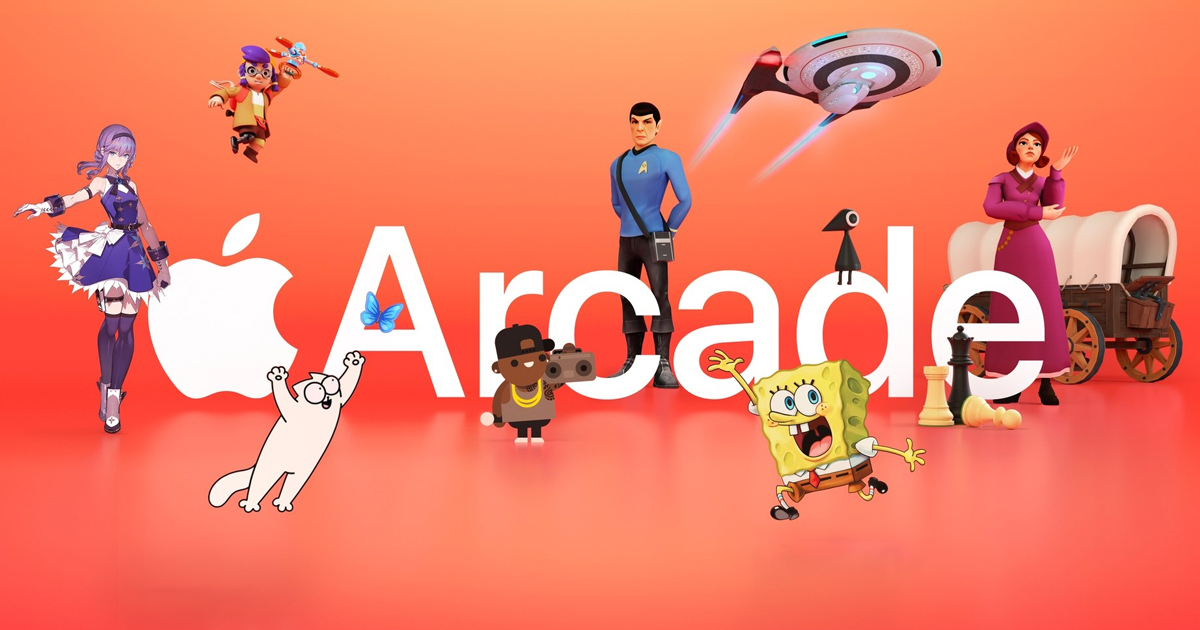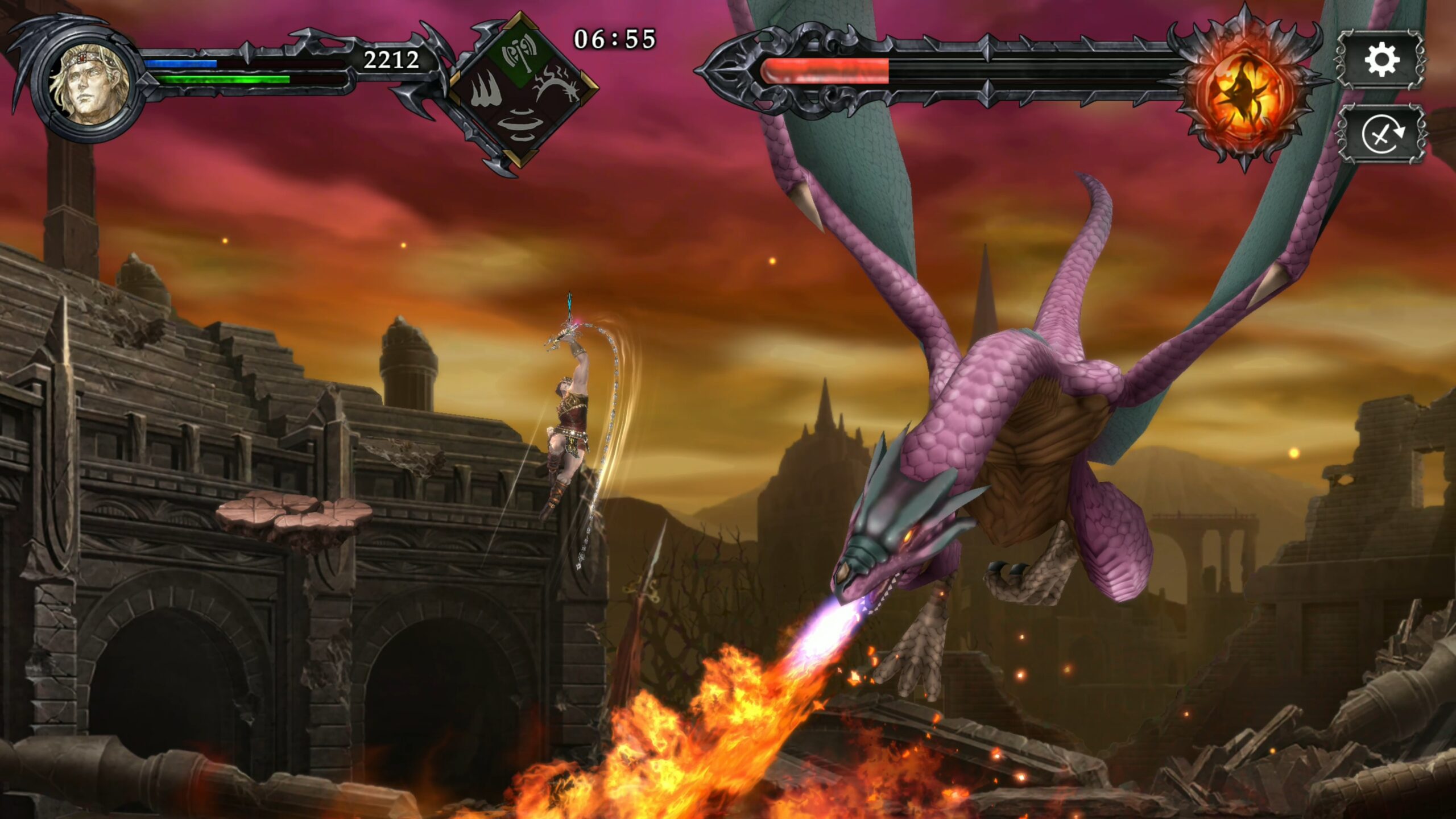Earlier this year, Apple made a few changes to Apple Arcade, bringing more successful iOS titles to its subscription service. Discoverability expert Simon Carless tried to break down the reasons behind the company’s new strategy.
In his latest newsletter, Carless shared a spreadsheet of 22 top Apple Arcade games, sorted by the number of reviews from August to September. The list also includes an average US App Store review score for all these titles. The more new reviews a game gets, the better it scores on average.
It is worth noting that seven games here come from new categories — “Timeless Classics” and “App Store Greats” — that Apple introduced in April. They are basically special versions of existing premium and free-to-play iOS hits but without ads and in-app purchases.
These games were added to the library of Arcade Originals exclusives and are marked with a “+” in their names, so they won’t get confused with their original App Store versions (SongPop Party+, Checkers Royal+, etc.).
There is no data on these top games’ downloads or other metrics. Carless, however, notes that “any game receiving 300+ new reviews is doing pretty well.”
Key pivots in the Apple Arcade strategy
- Although the service was initially focused on games that people could play both on mobile devices and using gamepads, Apple realized that Arcade can’t compete with consoles. According to Carless, iOS accounts for 95% of Apple Arcade’s playtime and reviews, with tvOS and macOS having a 1-2% share.
- Early on, Apple Arcade was full of well-produced indie games. However, these critically acclaimed titles can’t become big hits due to their lack of replayability and focus on a niche audience. It might be the reason why Apple decided to move towards successful IPs like Reigns and Kingdom Rush.
- Apple One marks the shift towards a more casual audience. As for now, Apple Arcade is included in every subscription tier, meaning that every person that, for example, buys the Apple Music, iCloud, and TV+ bundle gets access to Apple’s gaming service. It means that the company is now moving away from trying to attract core gamers.
- Apple doesn’t want to take any more risks. So instead of financing niche and experimental exclusives, it is giving money to the already successful franchises and titles. The company also decided to give another chance to games like Lego Star Wars Battles and Castlevania: Grimoire of Souls, which didn’t perform well during soft-launches but ended up among popular new titles on Apple Arcade.
Castlevania: Grimoire of Souls
Given its previous experience and all these changes, it is still unclear whether Apple will fund the development of new IPs in the future. Arcade is still nothing compared to the App Store in terms of profits, but now the company has a new strategy for its subscription service, which is focused on well-known and time-tested hits.
Carless’ full breakdown can be found here.



